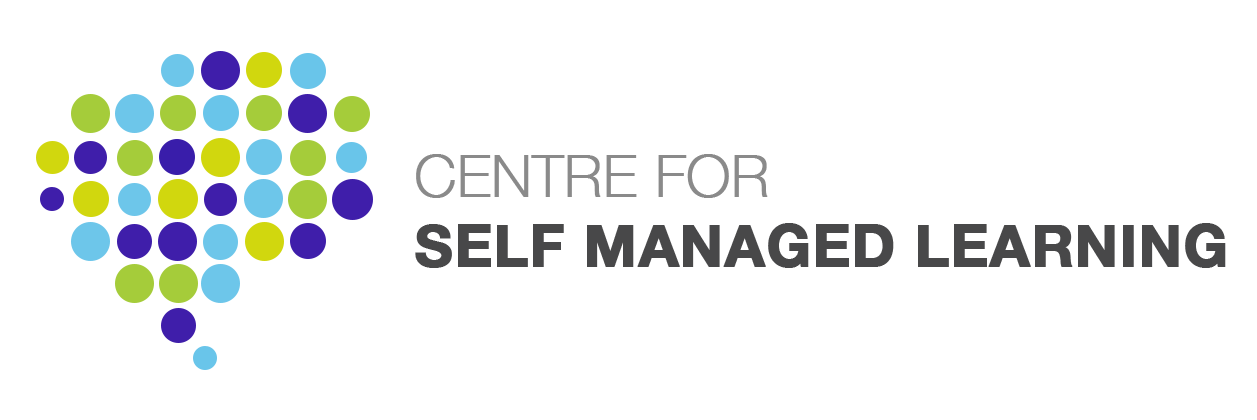28 Jun A Spanish reaction to SML College
My name is Esther Russo and I work as a Vocational and Education Training teacher in the CIFP (El Centro Integrado de Formación Profesional) of Lorca in Murcia, Spain. In recent years my interest on new approaches to learning has grown, especially seeing the results that we have in our classrooms: lack of motivation, problems with managing time and goals, stress, abandonment of the courses, lack of social skills. I can see those even among my students, who are over 16 years old and many times over 18 or 20, are supposed to be really engaged, as they have chosen...

